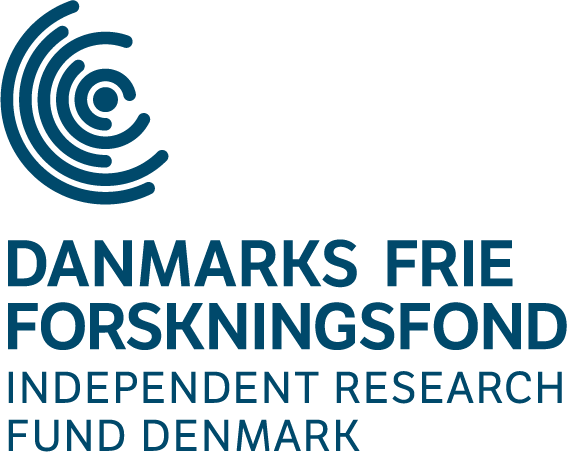Biomimetic production of starch with enhanced performance during digestion
Starch is a fundamental component of the human diet. An especially beneficial type of starch is called resistant starch (RS). RS resists degradation in the upper gastrointestinal tract (GIT) and as a result serves as a substrate for colonic microbes, leading to health-promoting effects. However, existing RS is only partly efficient, and it remains unknown whether the difference in resistance between RS types stems from slow hydrolysis, weak enzyme binding at the RS surface or combinations thereof.
By applying a new amylolytic, biomimetic approach, BIOMARCH will provide the fundamental understanding on the causes of degradation resistance and use this knowledge to produce RS with enhanced performance during digestion. Commercial human recombinant salivary and pancreatic amylases (AMs) will be used to engineer starch to increase its hydrolytic resistance.
The structural dynamics and nutritional functionality of the generated resistant material will enable rational formation of widely different RS types optimised for a diversity of applications. We hypothesise that such “Enhanced RS” (eRS) will withstand human digestive AMs, while being susceptible to gut microbial amylases (GMAMs) hence supporting the activity of beneficial gut microbes. Importantly, since eRS is more efficient, considerably less eRS than classical RS is needed in food, increasing palatability at similar fibre content.
Partners and collaborators
Birte Svensson, DTU
Dennis Sandris Nielsen, Food KU
plantCarb ApS
Funded by:

Biomimetic production of starch with enhanced performance during digestion – BIOMARCH: 2024- 2026 has received funding from FTP .
Research group leader
Peter Ulvskov
Professor
ulvskov@plen.ku.dk
+45 35 33 25 80
Researchers





